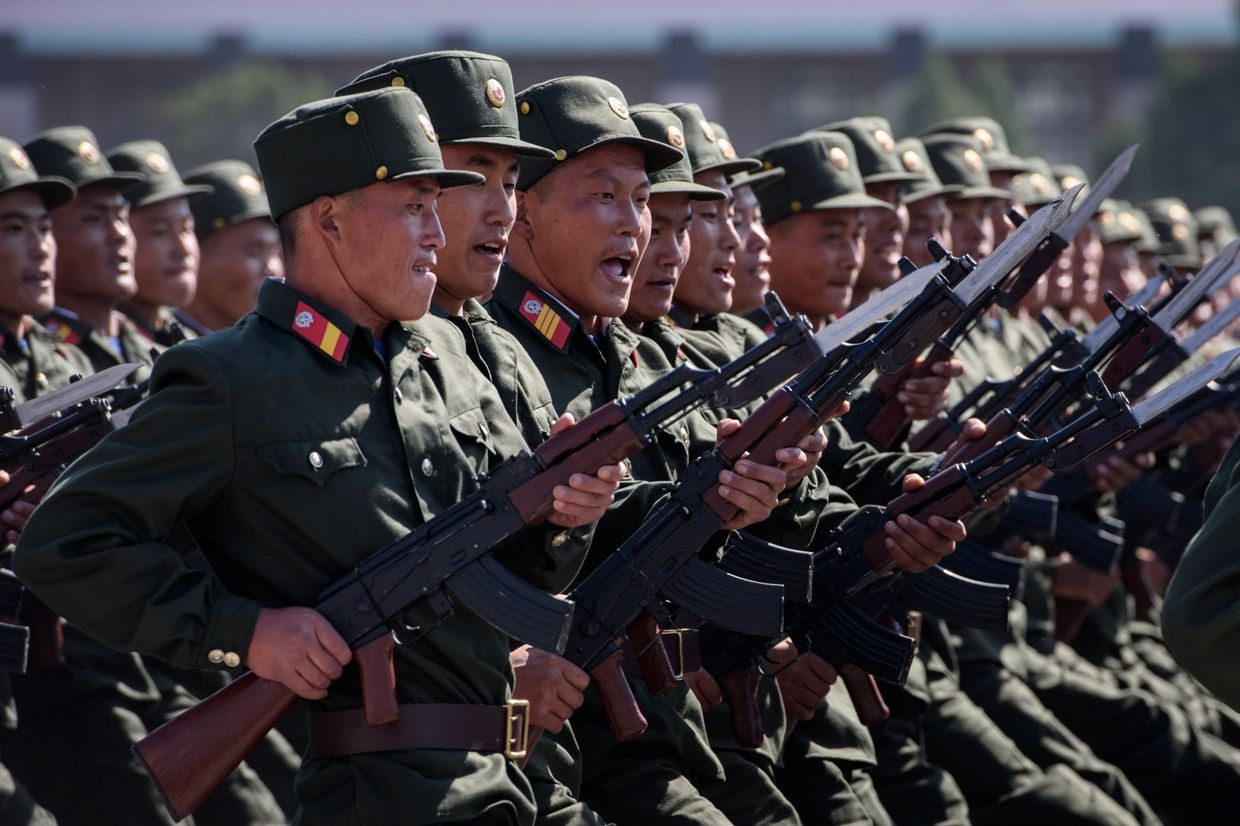
North Korean soldiers deployed alongside Russian forces in the ongoing conflict with Ukraine have been withdrawn from front-line positions after experiencing substantial losses, according to Ukrainian and U.S. officials speaking on condition of anonymity.
The approximately 11,000 North Korean troops, who arrived in Russia in November, have not been observed in combat zones for about two weeks. General Oleksandr Syrsky, Ukraine's top military commander, reports that North Korean forces have been reduced by half in just three months of fighting.
While Ukrainian forces described the North Korean soldiers as determined fighters, their effectiveness was hampered by poor organization and limited coordination with Russian units. Reports indicate the North Korean troops often advanced with minimal armored support and rarely conducted tactical retreats or regrouping maneuvers.
The deployment came after a meeting between Russian President Vladimir Putin and North Korean leader Kim Jong-un, where they renewed a mutual defense treaty. Kim initially proposed sending troops to assist Russian operations in the Kursk region, where Ukrainian forces had established a presence.
Despite their elite special operations background, the North Korean soldiers were reportedly used as infantry, facing heavy Ukrainian fire and minefields. U.S. officials suggest this withdrawal may be temporary, with troops potentially returning after additional training or strategic adjustments.
The military cooperation extends beyond troop deployment - North Korea has supplied Russia with substantial amounts of artillery shells, rockets, and missiles. In return, Russia provides North Korea with oil, food, and military technology upgrades.
This development occurs amid ongoing fighting in the Kursk region, where Ukrainian forces maintain their positions despite Russian attempts to reclaim the territory. Ukrainian President Volodymyr Zelensky maintains that holding this area creates a strategic buffer zone for northeastern Ukraine while potentially strengthening Ukraine's position in future peace negotiations.